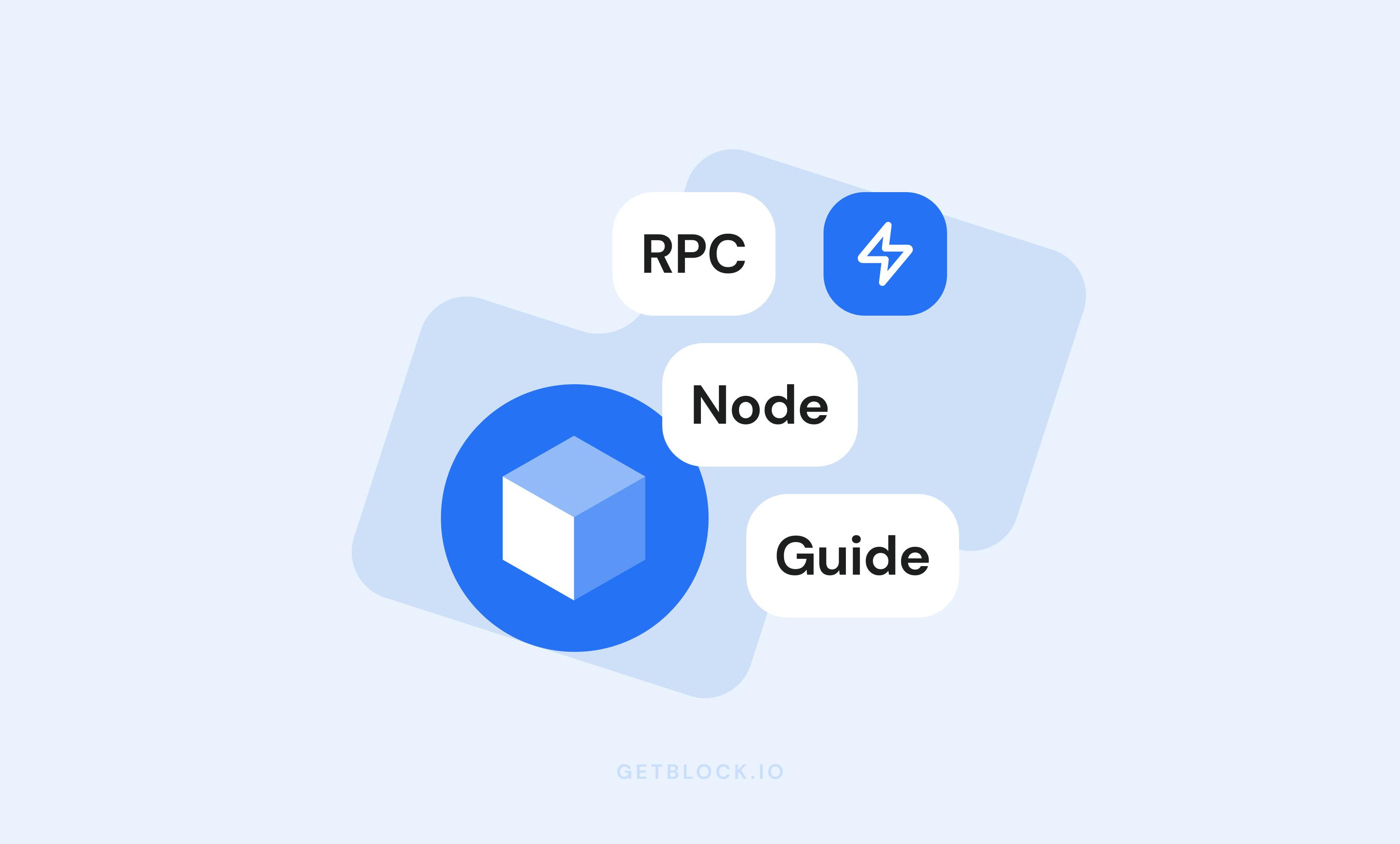Hackernoon
4w
366

Image Credit: Hackernoon
Which RPC node—Ethereum, Solana, or Polygon—is the best choice for your dApp?
- RPC nodes serve as the gateway for dApps to interact with blockchain networks, offering data retrieval and transaction interactions.
- Ethereum, Solana, and Polygon are compared based on network performance, costs, and popular RPC service providers.
- Ethereum, known for its security and decentralization, processes around 15 transactions per second with higher transaction fees.
- Solana, with high throughput and low transaction costs, is optimal for speed-dependent applications like high-frequency trading.
- Polygon, faster and cheaper than Ethereum, is commonly used to scale Ethereum-based dApps, facilitating low-cost transactions.
- RPC Node Providers like GetBlock, Infura, Alchemy, and QuickNode offer API endpoints for Ethereum, Solana, and Polygon.
- GetBlock supports over 50 networks, while Infura is preferred for Ethereum and EVM-compatible chains.
- Alchemy offers upgraded APIs and features for multiple networks, and QuickNode excels in high-performance and multi-chain support.
- Choosing the right RPC provider depends on dApp requirements, such as reliability, speed, cost efficiency, and specific use cases.
- Having a multi-network strategy may involve using the same RPC provider for Ethereum, Polygon, and Solana to ensure infrastructure consistency.
Read Full Article
22 Likes
For uninterrupted reading, download the app